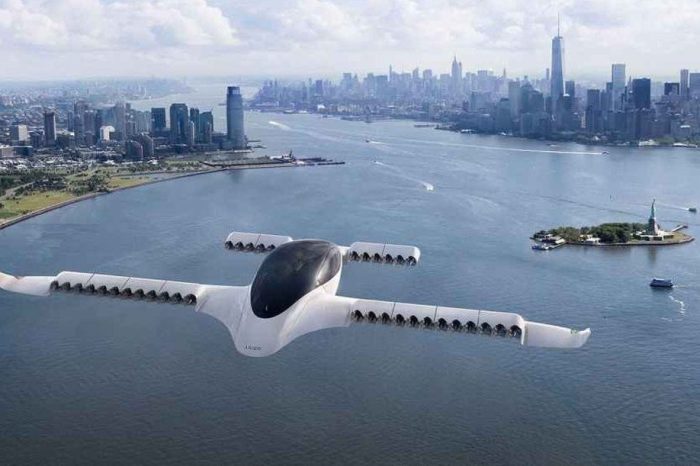The UN wants you to eat less meat to save the planet from climate change

The UN’s Food & Agriculture Organization (FAO) is gearing up to send a clear message to wealthy nations at the upcoming COP28 summit in Dubai next week: cut back on meat consumption.
In what is described as the first comprehensive plan aligning the global agrifood industry with the Paris Climate Agreement, Bloomberg reports that affluent nations will be urged to rein in their meat-heavy diets. The FAO is expected to unveil a roadmap at the summit outlining how global food systems can align with carbon-emission goals set by the Paris Climate Agreement.
“The global food systems’ road map to 1.5C is expected to be published by the United Nations’ Food & Agriculture Organization during the COP28 summit next month. Nations that over-consume meat will be advised to limit their intake, while developing countries — where under-consumption of meat adds to a prevalent nutrition challenge — will need to improve their livestock farming, according to the FAO,” Bloomberg reported.
The key points of the report suggest that developed nations should scale down their consumption of meat, including steak, pork chops, and chicken wings. The FAO aims to publish this roadmap during the COP28 summit, emphasizing the need for nations with excessive meat consumption to limit their intake. Simultaneously, developing countries, where meat under-consumption contributes to nutritional challenges, are encouraged to enhance their livestock farming practices.
The significance of this dietary shift is underscored by environmental concerns. According to the EPA, carbon dioxide (CO2) accounted for 79% of all U.S. greenhouse gas emissions in 2020. Another study conducted by the University of California at UC Davis found that livestock is responsible for 14.5 percent of global greenhouse gases. The study also found that animal-based foods have a bigger carbon footprint than plant-based foods.
The impact of livestock farming on deforestation, biodiversity loss, and methane emissions further highlights the urgency of transforming the current agriculture system.
With food and agriculture contributing to 26% of the world’s total carbon emissions, addressing these issues becomes crucial in the fight against climate change. Climate scientists, advocating for a global net-zero emissions economy by 2050, are calling for a substantial overhaul of the livestock industry
A recent report from the FAIRR Initiative, a non-profit focused on tracking environmental, social, and governance (ESG) risks at major companies, reveals that carbon emissions from the world’s top 20 publicly-listed meat and dairy companies have risen by over 3% this year compared to 2022 levels. This underscores the urgency for action in addressing the environmental impact of these industries.
But the UN is not alone, influential figures such as Bill Gates and Siemens AG Chairman Jim Hagemann are also advocating for a reduction in meat consumption to combat climate change.
Gates previously proposed a shift to 100% lab-grown meat in rich countries, while Hagemann emphasized the significant impact a billion people cutting meat from their diets could have on both the current food system and the innovation of future food systems.
Two years ago, Gates called on all the rich countries to change entirely to 100% lab-grown meat to save the planet from climate change disasters. In a question and answer session with MIT Technology Review, Gates talked about his new book and how his thinking on climate change has evolved, and the need for “all rich countries should move to 100% synthetic beef.”
“So no, I don’t think the poorest 80 countries will be eating synthetic meat. I do think all rich countries should move to 100% synthetic beef. You can get used to the taste difference, and the claim is they’re going to make it taste even better over time. Eventually, that green premium is modest enough that you can sort of change the [behavior of] people or use regulation to totally shift the demand.”
Siemens AG Chairman Jim Hagemann also told the audience in a speech at the World Economic Forum (WEF) in Davos, Switzerland. During the speech, Hagemann asked one billion people to stop eating meat to combat climate change.
“If a billion people stop eating meat, I tell you, it has a big impact. Not only does it have a big impact on the current food system, but it will also inspire innovation of food systems.”




